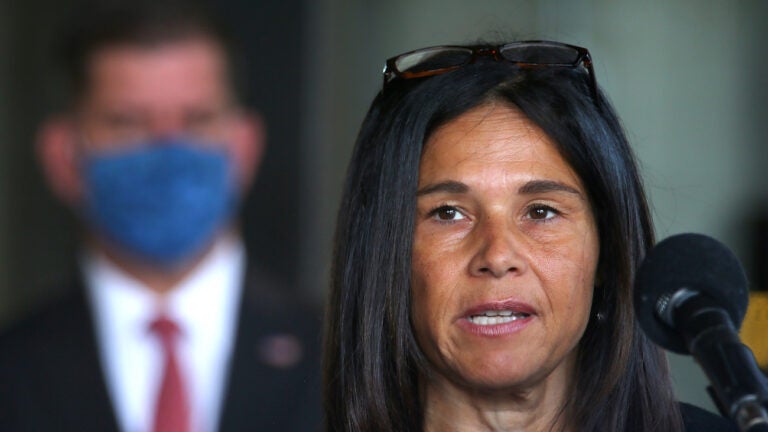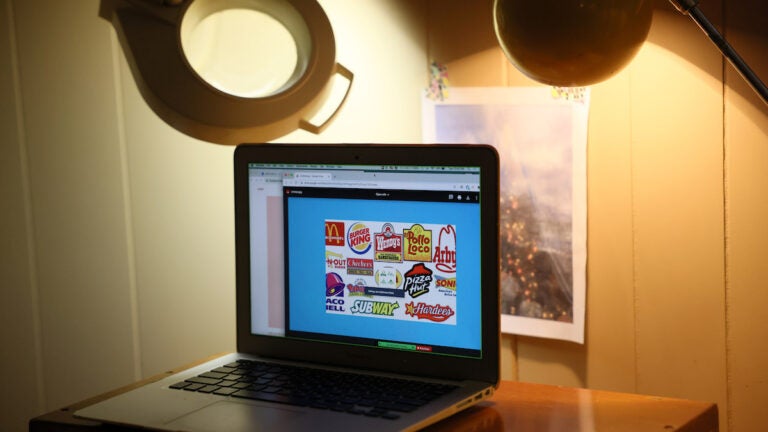Education
“It’s just too late in the year,” Superintendent Brenda Cassellius said.
Boston Public Schools will not be offering an option for a “virtual school” to students this fall, according to Superintendent Brenda Cassellius.
The district was one of 13 in Massachusetts that indicated to state officials it was exploring the possibility of opening a completely online school in addition to its traditional, in-person classes this fall.
Boston schools sent a survey to families about the idea in April and ultimately submitted a summary description to the state Department of Elementary and Secondary Education last month for feedback.
But Cassellius told the School Committee on Wednesday the district will no longer be considering the option for the coming school year.
“It’s just too late in the year to start up a full K-12 virtual school,” Cassellius said. “If we could have gotten the green light at the beginning of June when we anticipated our application coming back from DESE … I think we could have maybe done it.
“But now they’ve asked for revisions and (have) further questions about it, which then puts us into probably mid-July, and that’s just too short of time for us to be able to do that in a real meaningful way that we could guarantee a high-quality program for our students,” she added.
According to GBH, a DESE spokesperson said the district and others received feedback on June 4, and districts are to submit proposals approved by their school committees no later than July 6.
While a virtual school won’t be coming to Boston for the 2021-2022 school year, BPS will continue taking time to consider what needs to happen next to get one up and running, Cassellius said. The district, for example, will move forward with searching for a virtual school principal, she said.
“We want to take the time to fully develop a proposal with our students, families and educators and work on those next steps,” Cassellius said. “In the meantime, we will communicate with families to review feedback on the request for a virtual school option for the fall.”
The survey sent out by the district this spring indicated the option was considerably popular among Black and Latino families, with about half of families of color who responded indicating they would likely send their child to a virtual school, while only 15 percent of white families felt that way, according to GBH.
In April, the district said a virtual school is similar to attending school in a brick-and-mortar building: Students have classmates, a homeroom, teachers, a principal, and coursework.
“Instead of going to a school building, students at the virtual school learn remotely, from their homes, using a computer and the internet,” officials said.
Still, Boston schools are not alone in their decision to rethink plans for the fall. Out of the 13 districts in the state who first considered the option, just nine are moving forward, GBH reports.
Newsletter Signup
Stay up to date on all the latest news from Boston.com







